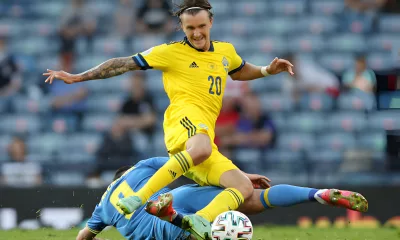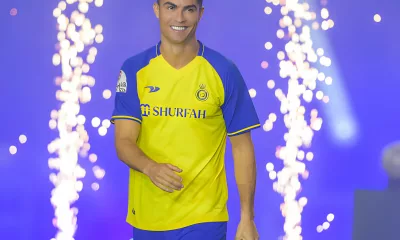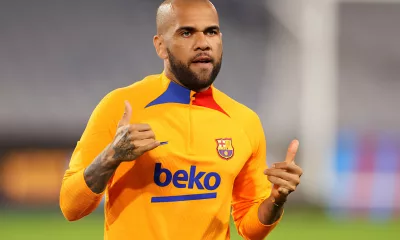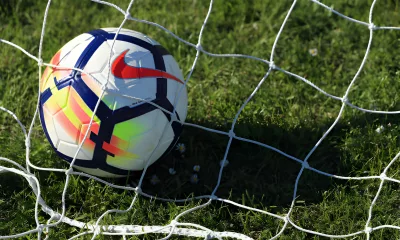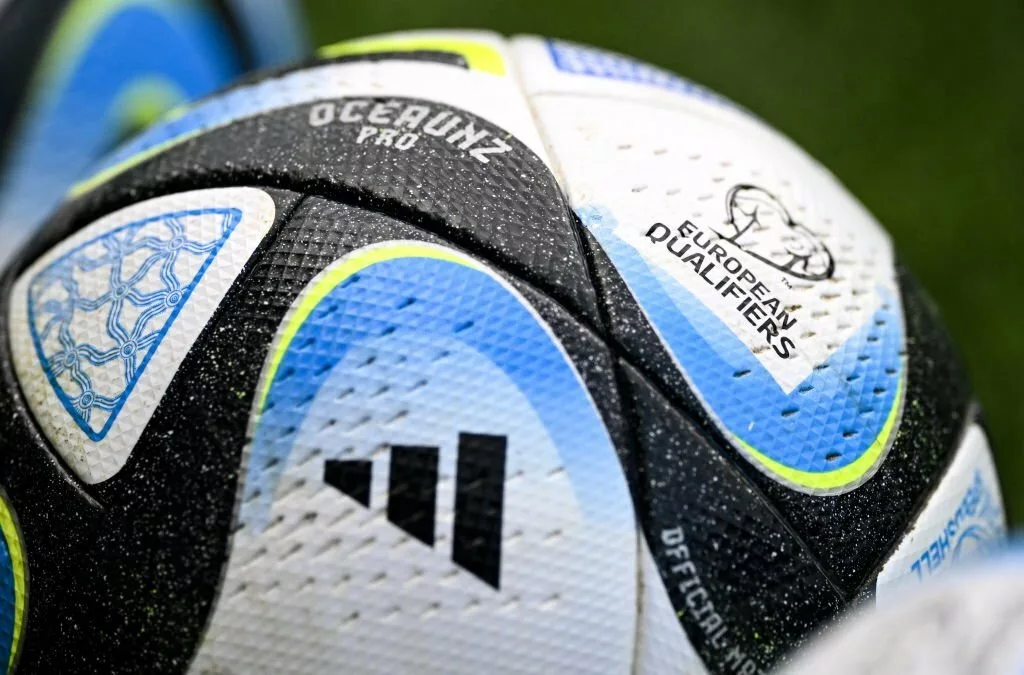
FIFA and UEFA are not allowed to forbid teams from entering the Super League, according to a ruling by the European Union Court of Justice.
UEFA and FIFA both issued warnings following the project’s initial 2021 announcement that players and clubs choosing to join the Super League may be prohibited from participating in any of their current tournaments.
The Super League’s original members included Arsenal, Chelsea, Liverpool, Manchester City, Manchester United, Tottenham Hotspur, AC Milan, Atletico Madrid, Barcelona, Inter, Juventus, and Real Madrid. However, nine of those teams withdrew from the league within a few days due to strong fan reaction.
Real Madrid and Barcelona, who have insisted that the Super League would be founded in the upcoming years, will be encouraged by Thursday’s ruling after Juventus withdrew in July 2023.
A court statement declared, “The FIFA and UEFA regulations barring clubs and players from competing in those tournaments and making any new interclub football project subject to their prior approval, such as the Super League, are unlawful. There is no structure in place to guarantee that the FIFA and UEFA regulations are fair, impartial, non-discriminatory, and reasonable.”
“Similarly, the rules giving FIFA and UEFA exclusive control over the commercial exploitation of the rights related to those competitions are such as to restrict competition, given their importance for the media, consumers and television viewers in the European Union.
“The Court observes that the organisation of interclub football competitions and the exploitation of the media rights are, quite evidently, economic activities. They must therefore comply with the competition rules and respect the freedoms of movement, even though the economic pursuit of sport has certain specific characteristics, such as the existence of associations having certain regulatory and control powers and the power to impose sanctions. The Court also observes that, in parallel with those powers, FIFA and UEFA themselves organise football competitions.
“Next, the Court holds that, where an undertaking in a dominant position has the power to determine the conditions in which potentially competing undertakings may access the market, that power must, given the risk of conflict of interest to which it gives rise, be subject to criteria which are suitable for ensuring that they are transparent, objective, non-discriminatory and proportionate. However, the powers of FIFA and UEFA are not subject to any such criteria. FIFA and UEFA are, therefore, abusing a dominant position.”
Although, crucially, the verdict does not ensure the formation of the Super League, it does require FIFA and UEFA to provide the organisation behind the league with a reasonable chance to do so.
“It doesn’t follow that a competition like the Super League idea has to be accepted,” the statement continued. “The Court does not make a ruling on that particular initiative in its Judgment, having been asked questions about the FIFA and UEFA regulations generally.”
Author

Master Sports Journalism graduate from the University of Westminster in London. Worked as a reporter in Plovdiv, Bulgaria and has journalistic experience at Sky Sports in London and DIEMA Sports at NOVA Broadcasting Group in Sofia, Bulgaria. Authority and expert person in sports betting and betting sites reviews.
Master Sports Journalism graduate from the University of Westminster in London. Worked as a reporter in Plovdiv, Bulgaria and has journalistic experience at Sky Sports in London and DIEMA Sports at NOVA Broadcasting Group in Sofia, Bulgaria. Authority and expert person in sports betting and betting sites reviews.


The Football Coach
How To Win Football Bets: A Betting Strategy To Help You Win Every Time

The Football Coach
How long is a football pitch? The complete pitch size guide








